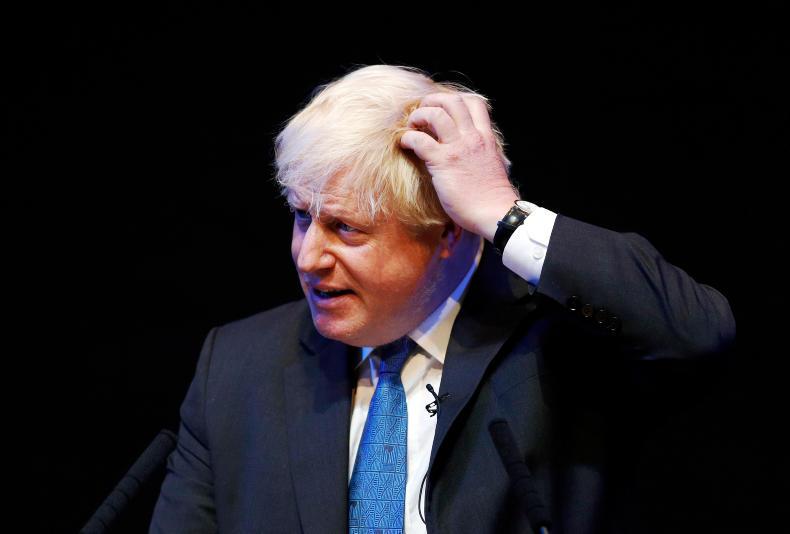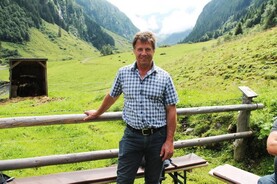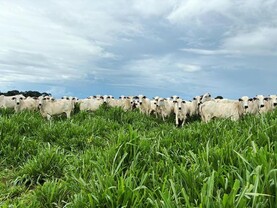Over the many years of negotiation ahead of the Mercosur trade deals singed in June, a favourite response to enquiries on progress from those in the know in Brussels was that the only thing that could prevent a Mercosur-EU trade deal was Mercosur itself.
Over the years, Mercosur had been a loose coalition of countries without a single negotiator like the EU and frequently there were disagreements among themselves, preventing the adoption of a single position.
Climate element crucial
The EU has also taken a strong line (if it holds) on compliance with the Paris accord climate change measures. Among these has been having a clause in the agreement that the deal is conditional on Brazil agreeing to the replanting of 12m hectares by 2030.
The cavalier attitude of the current Brazilian government along with the Amazon fires this summer suggests that Brazil may not yet have realised that this is a major issue.
The EU position is that it would use a deal to make Brazil complaint and EU member state parliaments that are now pro-environment as well as the EU Parliament itself will take persuading. If the EU is as serious as it claims to be about the environment, then evidence so far suggests that there is no basis for the deal progressing.
Austria
This week, we have seen the first outworking of the Amazon fires with a committee in the Austrian Parliament voting to reject the agreement which would bind its government to veto the deal.
Ireland has been more on the fence saying that it would be considered in its entirety. That is actually the biggest problem for farmers and the beleaguered beef farmers in particular. Beef is the only sector of the EU economy that will take a serious hit, it is a positive for all other categories including other areas of agriculture.
The issue now will be if the Brazilian Government continues its present approach to the rain forest and if it does, how many other EU countries will follow Austria?
There is plenty of time yet in the ratification process for Brazil to change its ways and put the deal back on track but as has been the case so many times in the past a Mercosur trade deal could be frustrated by Mercosur itself.
Brexit hasn’t gone away
Meanwhile, in the ongoing Brexit saga, this was the week when the UK changed to the tone of its pronouncements to sound much more conciliatory. However, there hasn’t been anything of sufficient substance to impress Brussels and the vibes from there have been quite a blunt dismissal of what they see as UK spin.
The problem remains that a way cannot be found to avoid checks at the Irish border if Northern Ireland (NI) is outside the Single Market and Customs Union.
Keeping NI in if the rest of the UK is out means the checks move to the Irish Sea as opposed to the land border which is politically unacceptable to many people of a unionist persuasion though those that prioritise the commercial reality have a more flexible approach including the Ulster Farmers Union and the wider agri food industry in the north.
No-deal consequences
Of course for all farmers if we ever get to a Northern Ireland-only backstop, the sector is in serious trouble either side of the Irish border.
NI couldn’t cope with its mild production or find a home for its 420,000 lambs that come south for processing. Similarly, all farmers involved in beef production either in Ireland or anywhere in the UK, will find their market seriously devalued if Mercosur countries have tariff-free access to the UK as is the current UK position in the event of a no-deal Brexit.
While the UK tone may have softened, the dismissal of it by Brussels and the clear indication that nothing has changed means the build up to a no-deal Brexit, with all its consequences, continues.






 This is a subscriber-only article
This is a subscriber-only article










SHARING OPTIONS: